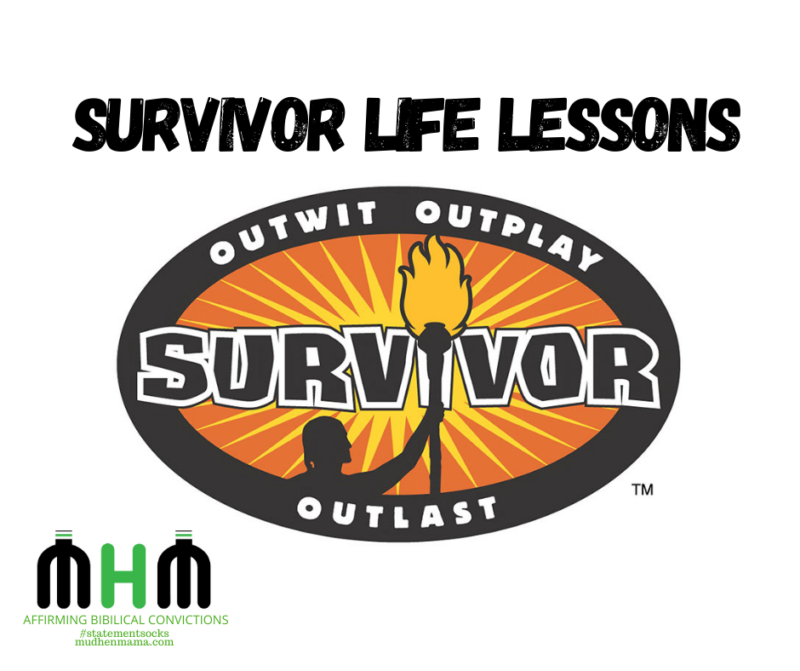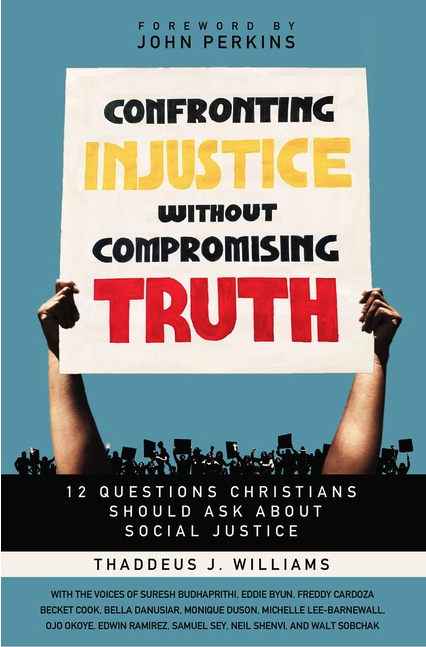
Love your neighbor with compassion
Compassion is such a tricky word. The definition according to dictionary.com is: “a feeling of deep sympathy and sorrow for another who is stricken by misfortune, accompanied by a strong desire to alleviate the suffering.” I recently read a post that lamented the fact that many Christians seem to lack compassion right now. They are failing to ‘love your neighbor.’ At first, I was honestly annoyed and a touch angry. But it got me thinking, what does this person think having compassion and ‘loving your neighbor’ means?
As I pondered the definition of compassion above, I thought to myself that I would bet both the writer of the post and I would be in full agreement of the definition. However, the “strong desire to alleviate the suffering” is the part that plays out incredibly differently, depending on your worldview perspective.
What’s impatience got to do with it?
Our culture has embraced impatience with both arms and legs. And it’s so easy to do. Amazon delivers whatever we want within 48 hours in most cases. We can go through fast-food restaurants and eat within 10 minutes. We can communicate with someone halfway around the world as quickly as we can type. Without even realizing it, we get sucked into feeling entitled to getting immediate satisfaction in all areas of our life. The art of patience and long-suffering has died a quick death. It has been replaced with I-phones, google, and Amazon. It’s just too easy to be impatient. There’s always someone you can contact who can bring you whatever you want very quickly. Consider the vast difference of our on-demand lives compared to the patience our ancestors had no option of embracing. And who I mean by ancestors are those relatives who lived in the relatively recent past!
So why am I talking about impatience along with compassion? Because that “strong desire to alleviate the suffering” has been relegated to the quickest fix to the problem we can get without a thought to the long-term consequences.
A pertinent example
A current example of impatience sometimes badly mixing with compassion is the ever-controversial v*rus debate (LORD, have mercy), which is what the post I referred to above is about. I’ve spoken to this before, but I think it merits repetition. The CDC states that the survival rate of the v*rus is over 99% for those of us under 70. And even those of us who are older, it’s still 95% survival rate. But the media is hell-bent on keeping everyone scared by saying things such as: “Did you know that more people have died with C@vid than people died in WWII?” It doesn’t matter that most of those who have died are much older and had other co-morbidities. In addition the overall death rate for 2020 is about on par from past years (i.e. the v*rus hasn’t caused the expected dramatic increase in the total number of deaths in the US). We just need to be scared and stay scared (NOTE: no one is denying that this v*rus can cause serious illness and many people have tragically died, but I’m just trying to put things in perspective).
How should we show compassion?
And here is where compassion enters. How do we, as Believers, best show compassion and love our neighbor? How do we alleviate the suffering of those around us? One way is to passively affirm people’s fears and not say anything in the name of compassion and loving our neighbor. Understandably, affirming others makes us feel good too, and besides, who wants to stir up a hornet’s nest of conflict? We need to be sensitive to the very real fear that others may have, regardless if it’s rational and founded on truth. Right?
The other option is to show compassion by talking about how we’re not afraid of this v*rus and they shouldn’t be either (i.e. facts over fear). Sharing this information will take more time and effort. But equipping others by asking probing questions and giving facts to back up your claims empowers others and helps them not to walk in fear.
The bigger picture
The desire for immediate everything sure feels good. The problem is that it has trained all of us to not think about the long-term consequences of our decisions. We only think about how this will affect us in the now. But we are completely missing the big picture when we do this. What’s going to happen when the next v*rus hits? Think about the fact that this one has a survival rate of +99%. What if the next one has a general survival rate of even 95%? What will we do?? Because we all know, there will be another one. Will we all hide in our homes again and isolate ourselves for another year in the hopes of keeping ourselves “safe”? Is our physical health the only concern we should have? What about our spiritual, emotional, or mental health?
Ultimately, the consequences of our efforts are not anything we need to worry about. If the person we’re speaking to changes their mind or accepts the information, awesome. If they don’t, that’s OK too. When an opportunity comes up, wisdom should dictate if and when to say something, though, not fear. Our responsibility is, if given a chance, we should ask a few questions and share what we know. And I say this fully knowing I need to practice what I preach. Often times my own fear of rejection and anger from others (rather than wisdom) stops me from sharing more often than I care to mention.
Tough love
“Love thy neighbor” doesn’t always entail making others feel comfortable or good. Tough love sometimes gives you a swift kick in the rear to shake you out of your paradigm and point you not to what’s just good for you, but what’s best for you. We must reflect on the big picture consequences of the choices we are currently making. It seems that is what best embodies what Christ meant when He commanded us to first love the LORD and then secondly, love our neighbors (Mark 12:30-31). We love the LORD by speaking Truth, even when it may initially be painful to others. We must not subjugate Truth to the potential negative feelings of others.
Amen?












